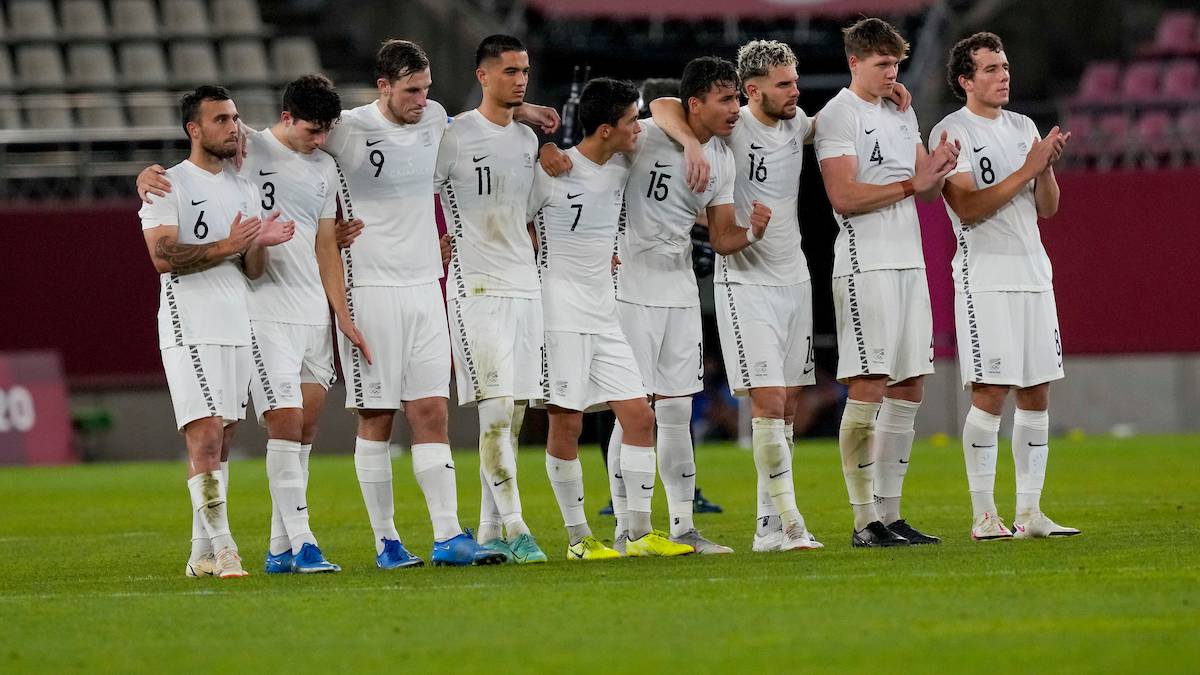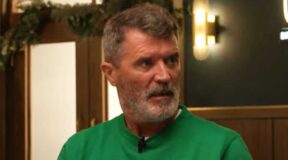OPINION:
When the dust settles, the deeds of the Oly Whites in Japan will live long in the memory.
There will be some initial regrets, knowing how close they were to reaching the last four at an Olympic Games, before the agonising penalty shootout exit at the hands of Japan on Saturday night.
The Asian team had created the better opportunities, but New Zealand enjoyed some half chances in a gripping 120-minute contest, making a mockery of their 13/1 underdog status before the match.
Japan was supposed to be out of sight by the second half, but the Oly Whites seemed to get stronger, looking more comfortable in possession as the match progressed.
The penalties were unfortunate, as they always are for the losing side.
Liberato Cacace looked exhausted as he walked forward – having probably run more kilometres than anyone else across the four New Zealand games – and that could have been the difference between a successful attempt and failure.
Clayton Lewis didn’t appear confident as he stepped back, but few do in that fraught situation.
It was a unique opportunity for New Zealand, and who knows when it will come again?
Hopefully Paris in 2024, but this is a special generation with Joe Bell, Elijah Just, Cacace, Callum McCowatt et al, who have set a high benchmark for the next Under-23 cohort.
And the global competitiveness of football is brutal, with the likes of Argentina, Germany and France missing the knockout stages in Japan.
But that’s the future.
For now, the deeds of this squad should be celebrated, as they achieved four major goals. They won a match. They progressed out of their group. They played to the utmost of their potential, finding their best when it really mattered. And they did it with a style and verve rarely seen from New Zealand teams
This wasn’t a gritty, rearguard action; the Oly Whites tried to play, with some success, and looked good in possession.
That’s a blue print for the future, the only way to compete against higher-ranked teams.
The campaign was also a massive shot in the arm for the sport, especially with two weekend primetime games on free-to-air television, probably the biggest exposure for football since the 2010 World Cup in South Africa.
There’s still a long way to go, but the future is bright, especially with the belief gained from this tournament.
“This group of young players, there’s so much potential and it’s important to remember we’ve only had a few weeks together,” said coach Danny Hay.
“This group hasn’t been like Japan and had tens of millions of dollars spent on them and 40-50 games under their belt together.
“We’ve had a couple of warm-up games and been thrown in the lion’s den, and the way the players have responded [and] the character they’ve shown has been quite incredible.”
Hay reserved special mention for captain Winston Reid, who was a late inclusion and managed 50 minutes.
“Winston, what a warrior,” said Hay. “That was incredible, the fact that he basically jumped off the physio bed to try and lead the team and get them through as long as he possibly could.”
Hay was also full of praise for Chris Wood, who scored two vital goals, a nerveless penalty and led the line superbly throughout the tournament.
Midfielder Joe Bell said the shootout exit was “devastating”, admitting the team wanted to go “much further”, but they were also proud of their overall achievement.
“We had prolonged patches where we played really good football,” said Bell. “[It’s important], seeing New Zealand players not just compete, but do really well. The journey and the process we are on is changing the game in New Zealand.”
Source: Read Full Article

/cloudfront-ap-southeast-2.images.arcpublishing.com/nzme/VHPLYXSM7326JVX5KIASCLCFKE.jpg)
/cloudfront-ap-southeast-2.images.arcpublishing.com/nzme/SAOCALOGE5EJ2ATE4LBH4BETKA.jpg)
/cloudfront-ap-southeast-2.images.arcpublishing.com/nzme/5CG74D2UKKNXP5ALHRSZGOYXFM.jpg)




